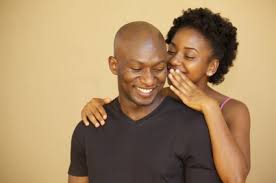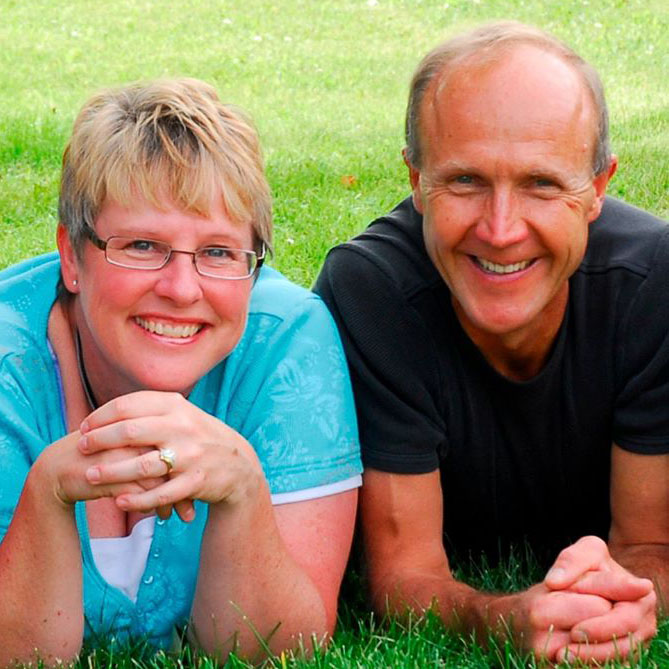
You might be thinking, “No, Dan, conflict is NOT a good thing. We don’t want conflict in our relationship. Conflict is hard work and it tears us apart.”
I understand. Whether we’re coaching with a couple, I’m coaching with an executive, or in Communication Excellence training with a corporate team, reducing conflict is often one of the key goals of the client.
I have a different view. I believe it is beneficial to invite and encourage conflict, or at least conflicting ideas. I’m not meaning to invite argueing, fighting, and defensiveness to “prove myself right.” Those are destructive reactions and surely will destroy trust. When these things happen regularly in a relationship, the fighting may become habitual, and can eventually lead to one or both people not wanting to see or communicate with the other. That is not effective or loving.
Let’s face it, fighting is not fun. It can look like verbal, emotional, or physical attack, or it can be shunning and the silent treatment. Regardless, it is abuse. Besides being cruel to the other person, it is an inner attack too. Our brain initiates an injection of cortisol, testosterone, and epinephrine into our bloodstream. These literally eat us from the inside if we allow them to remain in our bloodstream for long periods of time. Research is showing that many of our “dis-ease” stems from stress and these hormones.
What’s the answer to conflict in our relationship?
Rather than destructive, make it constructive.
Differing opinions, conflicting ideas, and incongruent perspectives are the seeds of creativity and innovation. Rarely is one idea right and the other wrong. They are simply different.
Carol and I have always had a difference of opinion about money. My way, which of course was “right,” was to reinvest any money we had into real estate, cattle, equipment, “appropriate” education, or other assets that had a reasonable probability of generating more money. In my mind they were investments, rather than “frivolous wants.”
Anytime we had a dialogue about money, we were in for a scrap. Yes, we’d argue, but neither of us are yell-scream-swear-and-kick kind of people. In fact, we both tend to avoid conflict if possible. My tactic was to leave temporarily, which kept me from doing or saying something hurtful. While I was gone, I’d do the fighting and swearing in my mind and heart, and it hurt. I had this fantasy that when we came back together after a few hours, Carol would have had the “good sense” to think about the issue and realize I was right. Hmmm – never worked that way.
Rather than destructive, make it constructive.
Constructive dialogue takes courage, vulnerability, and an intention to discover the best alternative now (something better might turn up later). With those guidelines in mind, two key skills are required:
- Ask brief, open-ended questions, and
- Listen to understand.
If tempers have flared already, it can be helpful for both people to take a couple deep, slow breaths, and confirm your intention for collaboration and respect, before you move into the next steps.
Ask brief, open-ended questions

Brief means concise and to the point. The fewer the words; the better. A long-winded question may create confusion.
Open-ended questions cannot be answered with “yes” or “no,” and instead require more thought and explanation.
With a mindset of curiosity, open-ended questions can reveal very important information about the other person’s thoughts, feelings, and perspectives. They may know things you don’t. They surely will have things to share which have shaped their differences from you – valuable information.
Keep in mind that your tone of voice and body posture send messages as you ask your questions.
“Please tell me more about that?” said with a snarky tone, sarcastic scowl, and while walking away may invite less-than-desirable results.
Yet those same words, with a kind, curious tone, direct eye contact, and in a relaxed, inviting body position will normally stimulate constructive conversation.
Beginning that same sentence with, “I’m curious…” or “That’s interesting…” can also prove valuable.
Rather than destructive, make it constructive.
Listen to understand
Listen is a verb. It requires energy. Stephen Covey, author of 7 Habits of Highly Effective People used to say, “The listener is the one who does the most work.”
Understand means to comprehend, follow, and grasp.
The only way to truly listen to understand, is to set aside your own thoughts and feelings, and to accept what the other person has to say – without judgement. I invite you to accept it as data – information to consider.
Listen intently until the other person has finished. If you are unclear about something they’ve said, use another open-ended question to gain clarity.
Rather than destructive, make it constructive.

Something almost magical happens when you apply these two skills. Because of your care and attention, your partner usually is keen to know your perspective. This opens a creative dialogue whereby you can search for and create agreement to the best alternative, often something better than either of you had considered.
Rather than destructive, make it constructive.
Conflict in our relationship? In our marriage, family, community, and business, conflicting ideas handled constructively have resulted in broader and more flexible thinking, greater trust, happiness, and joy. Wrap all of that in one package and it’s called love.
I’m curious to know your thoughts?


Leave a Reply